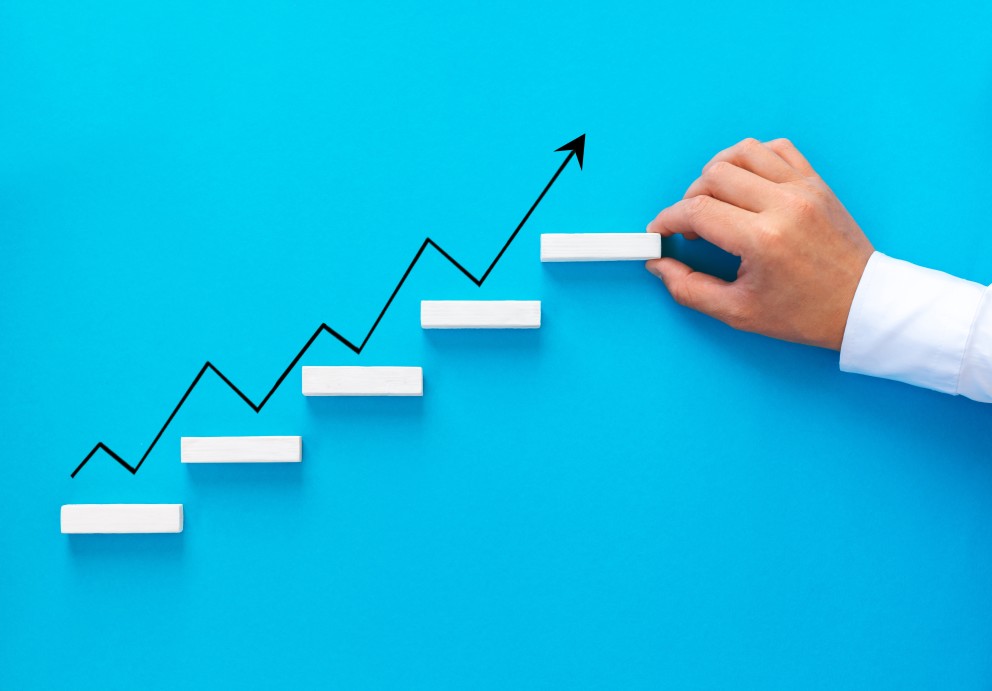When most people think of free markets, their first inclinations do not usually fall to their recent trip to the grocery store or to a conversation they had at the farmers market. Many instead characterize free enterprise as an engine of exploitation and inequality for the middle class and believe the system is fueled by greed. However, this caricature of free markets overlooks that the driver of free enterprise is not greed, but relationships of trust.
Adam Smith, commonly dubbed the “Father of Economics,” writes about the requirement of trust in a free-market system in his famous work, “The Wealth of Nations.” On its own, “Wealth of Nations” may seem to simply be empirical research concerning wealth creation and an argument in favor of free markets. It is important to recognize, though, that before he wrote about issues of political economy, Smith was widely known as a prominent social philosopher in the Scottish Enlightenment working to understand morality. His first published book, “The Theory of Moral Sentiments,” largely describes Smith’s view of human nature, explores the unique way in which humans can make moral judgments, and outlines some implications of these realities for human behavior and the structure of social institutions.
This framework of understanding human nature and morality importantly underlines Smith’s later empirical project. Taken together, these two works inform a larger context of the way human beings can realistically and predictably participate in social institutions and political systems. One aspect of human nature that Smith emphasizes is that human beings are constrained by self-interest; in other words, all humans will act in ways that are satisfying to themselves simply because it is in their nature. This is not something that Smith thinks can or will change about human nature because he operates from the belief that human nature is not malleable.
This means that self-interest, or taken to its extreme, greed, is not inherent to a free-market system. Rather, greed is inherent to the people who participate in the system. Notably, free markets allow people to act in a greedy way, but this would be true of any economic system. In fact, any system or institution in which human participation exists will struggle with people’s tendencies toward greed, pride, envy, and other cardinal vices.
Since greed fundamentally cannot be the driving force for any type of economic system, Smith recognized that relationships built on trust are the unique factor that allows for human flourishing in the free-market system. One Smith scholar, James Otteson, highlights the importance of these relationships in his book “The Essential Adam Smith.” He emphasizes that exchanges in the marketplace are voluntary and must be mutually beneficial for a producer to agree to undertake the risk of starting a business and a consumer to agree to spend their resources on the product. As long as producers cannot coerce consumers, businesses must produce goods and services that consumers actually have a willingness and desire to purchase.
Otteson calls this the “opt-out option,” which allows consumers to say “No thank you!” when offered a product in a competitive market. The existence of the option to “opt out” cultivates a line of trust between producers and consumers that is often forgotten and taken for granted. Without trust in businesses, the transaction costs of even just daily purchases would be cumbersome and inconvenient. Just imagine having to bring a scale to weigh a pound of flour at the grocery store just to make sure you aren’t cheated! Trust also allows consumers to signal their desires to producers effectively and productively, and trust informs businesses of the methods they should practice and the products they should create to be successful.
While free markets do not instantly eliminate instances of fraud and theft, these instances are exceptions rather than normalcies, especially considering the number of successful exchanges that are made each day. And, because consumers are free to make their own purchasing decisions, companies that continually exploit their customers in a competitive market or even produce their products unsatisfactorily will eventually shut down because consumers can move their business to a more trustworthy competitor. This shift can be seen most prominently with the recent rise of socially conscious and ethical consumption that many consumers practice today. New businesses have popped up due to the desire from consumers to purchase from environmentally friendly and relatively transparent brands, and they are successful because consumers can trust the business. (Think about the rise in demand for Lush products or the recent popularity and availability of Beyond Meat in restaurants and stores.)
We all need to be reminded that it is the relationships of trust in the free-market system that make free enterprise unique and prosperous. Although it may seem easier to blame the economic and social hardships seen in society today on the greed that is inherent in all people and not eliminated by the free-market system, this does not mean that ease can be valued over reality. It is much harder to recognize the necessity of trust and the role it plays in the free market, but without this recognition, society as a whole will miss out on an opportunity to significantly improve worldwide standards of living and effectively pull people out of poverty. We must remember that it is trust, not greed, that drives prosperity for all.



